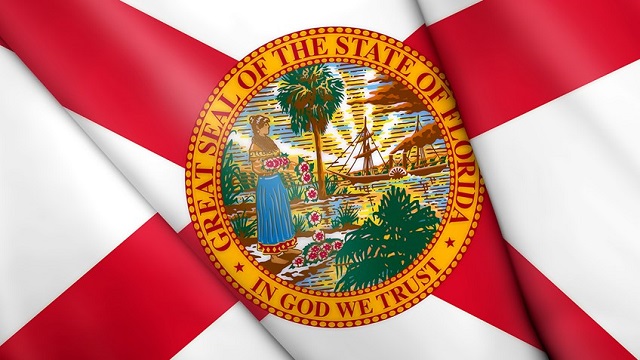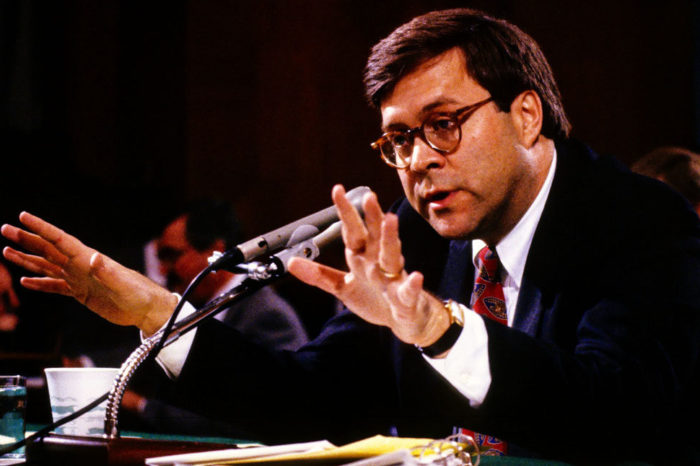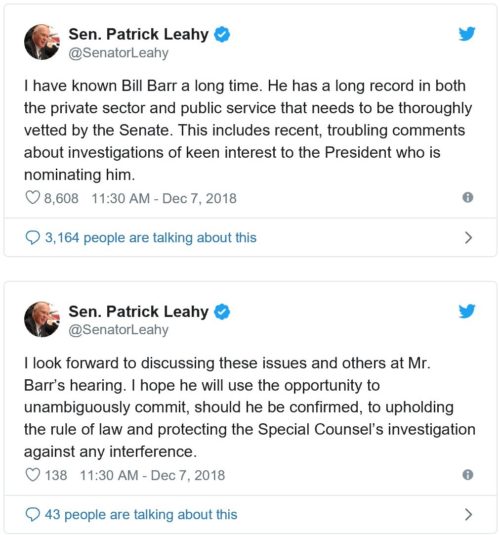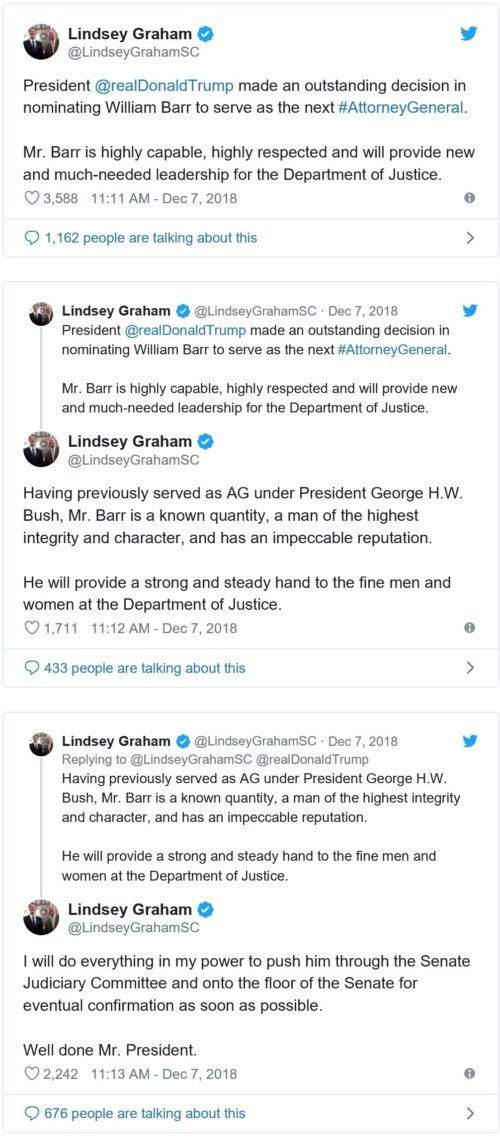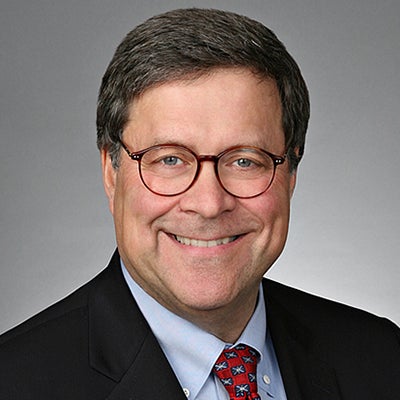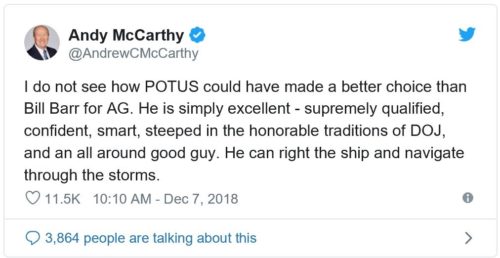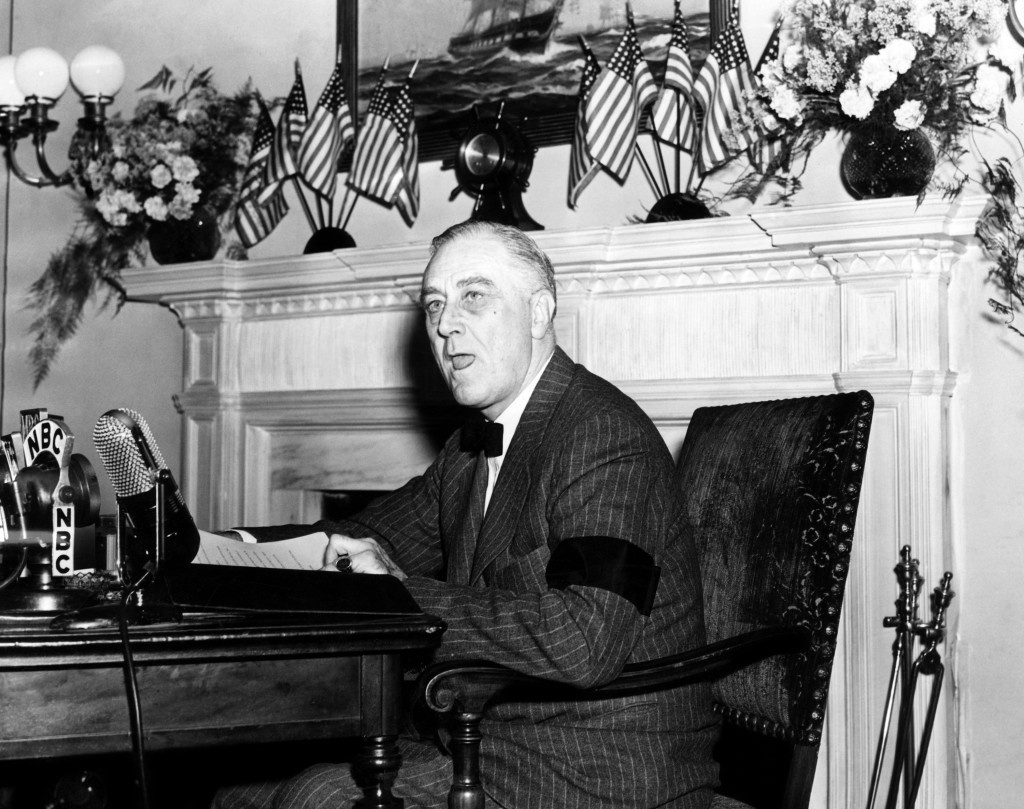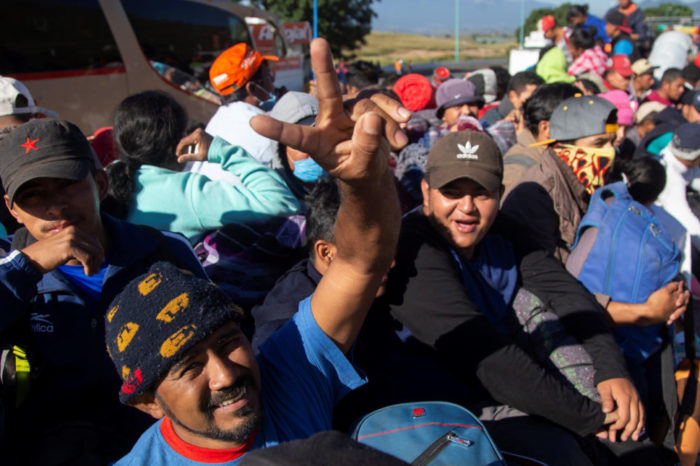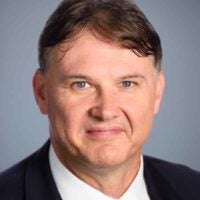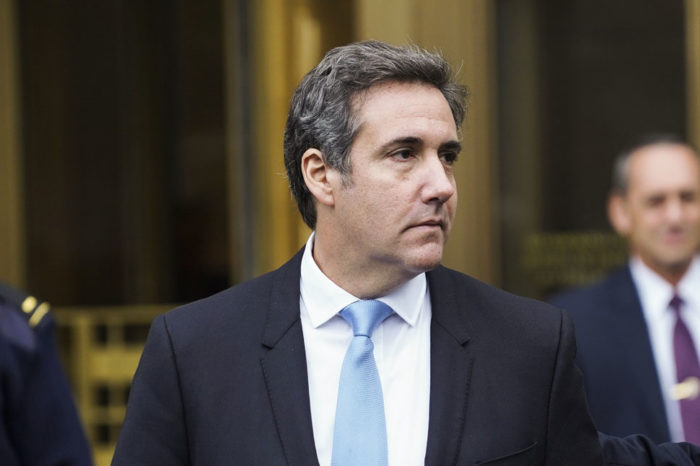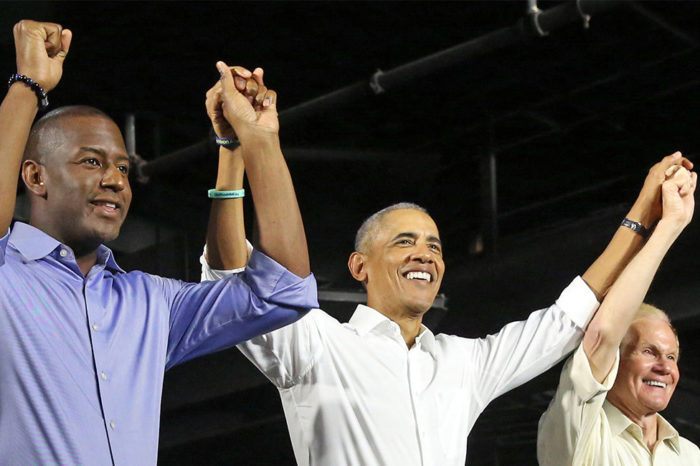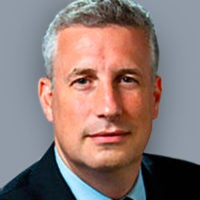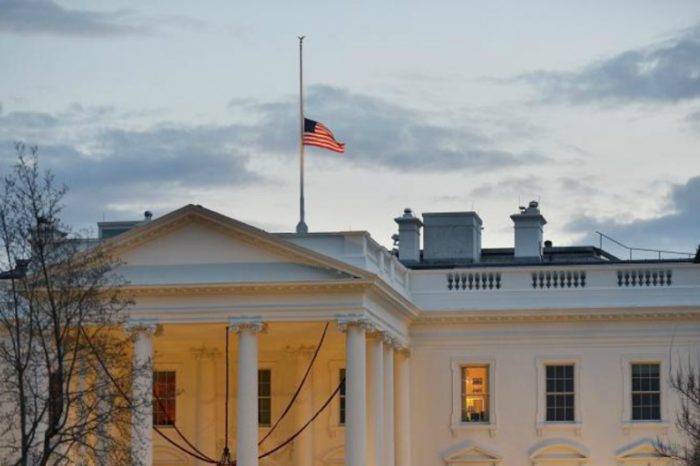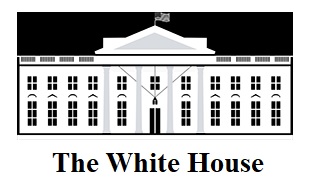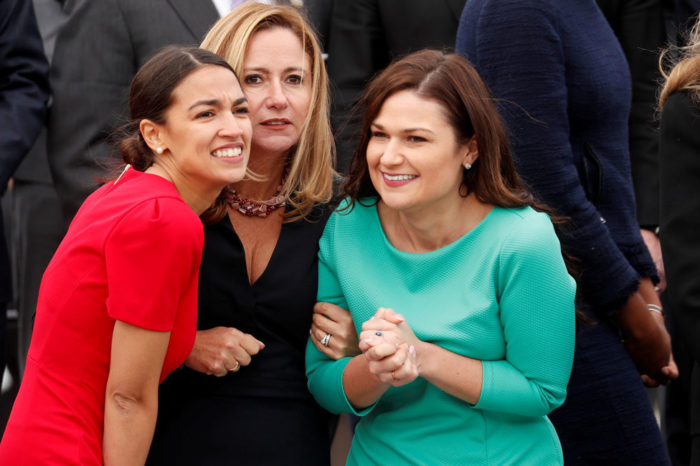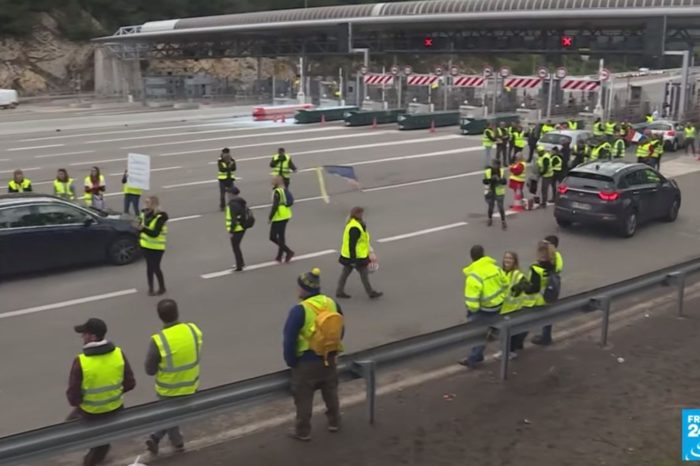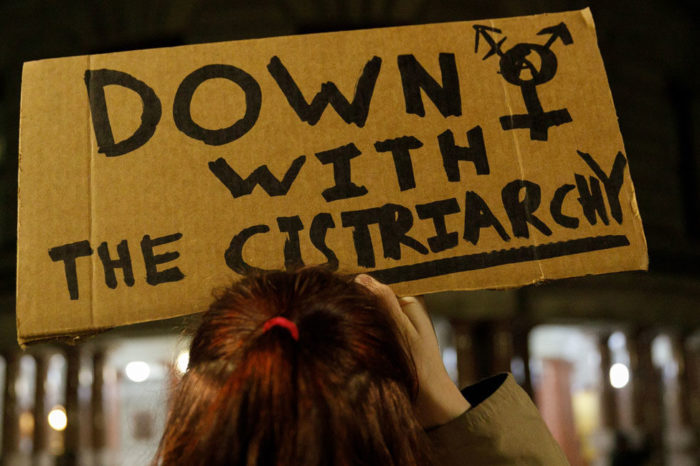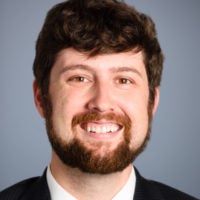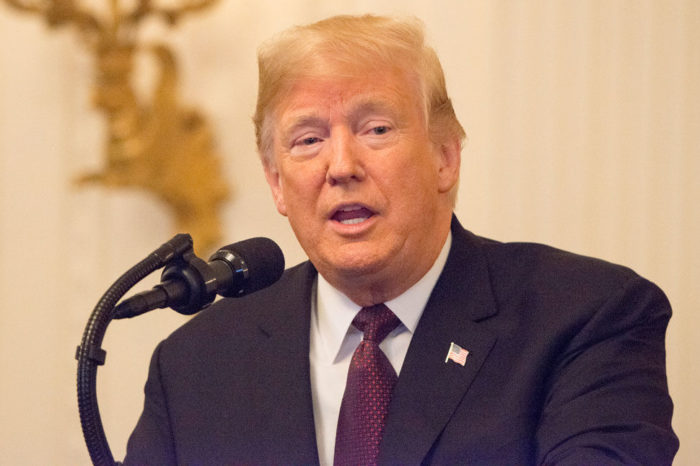Major Concerns with Florida’s Marjory Douglas Stoneman HS Public Safety Law (SB 7026)

Florida Senator Kelli Stargel
Winter Haven 912 is meeting with Florida Senator Kelli Stargel on December 17th, 2018 and to say the least, we feel the same way as she does. We citizens feel totally betrayed by the passage of the Marjory Stoneman Douglas Act. We all feel strongly about this law, but personally I am now and have been outraged since this law was even brought out of committee.
I am providing a pre-meeting discussion sheet (below), which may interest you.
You are welcome to post it and or send it to your Florida state legislators and other activists to use as they see fit in order to trigger grassroots activism. It is imperative that legislators feel the ire of Floridians who support the U.S. Constitution and the Second Amendment and make serious changes to this law or better yet, scrap it and start over.
Concerns with (SB 7026) Marjory Douglas Stoneman HS Public Safety Law
The citizens of the Winter Haven 912 are extremely concerned about SB7026. We have openly expressed our concerns about this law since it was introduced. This law directly violates the Constitutional rights of citizens and we are frankly amazed that legislators who we knew to be conservatives, voted yes without serious scrutiny/work to make corrections before voting. When SB 7026 was introduced, we (foolishly) assumed such a blatantly offensive law would never be considered in a strong Republican-led legislature.
The Constitutional rights that have now been compromised for law abiding citizens due to the paid-for riots of high school youth allowed to take over the Capitol in Florida is unimaginable. We now have $400,000,000 added to the Florida budget, ANOTHER bureaucracy that now saddles Florida taxpayers, bad law that will likely be struck down in court, and waste money and time after a law-abiding citizen’s rights are blatantly violated by law enforcement thanks to legislators that were once trustworthy in our eyes.
It has been obvious that something needed to be done about school security and ensuring that law enforcement, school boards and lawmakers do their jobs. The Parkland massacre although unimaginably tragic, provided an excellent opportunity to create a sensible piece of legislation that could TRULY make Florida kids safe in school. Politicians threw this opportunity away like trash.
An organized “movement”, driven and paid for by left-wing activists manipulated and used the children of Florida to move us a step closer to the socialist dream of gun control. The Left had a field day and used our children as tools to achieve their end – to the everlasting shame of Florida. The leftists who paid for this outrage could care less about those kids. They do not care about the children who died or were injured during the Parkland event. They have a political agenda and that is all they care about.
The left demonstrated that organized rioting works with weak politicians in the State of Florida. Rather than taking charge of the situation and leading, Republicans in Tallahassee bent to the will of socialists focused on the destruction of a Free American Society. It is rumored that the bill was already written by leftists anticipating a horrific event, that educational policies put in place by leftists led to this incident, and the Parkland Shooting triggered the filing of this bill. Republican politicians in Florida bent to the will of socialism.
We are aware that most democrats voted against this legislation. Their reasoning was the bill was not restrictive enough. We were horrified to see this bill even make it out of committee. Law abiding citizens across Florida are now being punished for the failures of government in the egregiously corrupt Broward county. A republican legislature passed SB7026 and a Republican Governor signed it.
Republican legislators correctly assuming they would win the November election, betrayed supporters that believed in them and trusted their judgment but as it turns out conservatives were sadly mistaken. Florida lawmakers could have called a special session to deal specifically with this law and created a model for the nation, instead they abused our trust and failed the citizens of Florida.
It is our contention that this legislation caused the near destruction of the Florida elections in November. There is no doubt that if Florida Republican lawmakers had voted this law down solidly, taken leadership in this situation and come out with a SERIOUS BILL in special session that would ACTUALLY SOLVE PROBLEMS rather than exacerbate them, Republican support across Florida would have been overwhelming and we would have seen a very different election season.
One can assume that Florida Republican leaders are not truly interested in protecting the rights of law-abiding citizens in Florida given consistent failures of a Republican led legislature to put in place SOLID safety measures for children, failure to expand 2nd Amendment rights in Florida and habitually put people in key leadership positions who block 2nd Amendment measures from reaching the floor.
Florida conservatives are looking for leaders, thinkers, problem solvers with a spine, not politicians who bend to the political will of socialists who have nothing but the destruction of Florida and the nation on their mind. The excuse that the “pressure” was serious to “do something” is simply that – an excuse. Legislators are LEADERS and expected to do their job on behalf of citizens-not work against them because they are “under pressure”. Politicians that voted yes on this bill had no problem listening to rioting children acting like wild animals, but there was NO legislative request for input from conservative voters, the driving force for putting them into office. Passing this law was a betrayal to conservative citizens, the backbone of support for the Republican party.
Our concerns with this law are as follows:
- We are not aware of statistics on the practice of this law although it is quite clear that seizures are taking place especially in Broward and Polk Counties. We would like to know the following:
- How many RPO seizures to date have occurred across the state?
- How many seizures have proven unfounded?
- How many unfounded RPO’s came about as the result of false allegations?
- How many engaged a lawyer?
- Did damage occur to defendant’s property during seizure process?
- How long before weapons were returned?
- Did they lose work time or experience other damage to reputation, etc?
- In what condition were weapons returned?
Sheriff Judd provided the 912 group a series of six cases where he saw seizure of weapons as necessary, however there have been 152 seizures to date since this law was enacted in Polk County alone. Polk is outpaced only by Broward County. For the purposes of transparency FDLE website statistics regarding RPO seizures should be available.
- We have not heard any updates on progress of the ongoing investigation into the Parkland shooting. We would like to know when the investigation is expected to end, how much it has cost tax payers to this point and who is being investigated.
- How has the $400,000,000 been spent thus far and what are plans for this money and the new bureaucracy that is now in place. Citizens apparently have no say so in how this bureaucracy will be conducted.
- We are concerned about the Constitutional Violations that are blatant in this bill, including infringing the rights of individuals otherwise considered adults to purchase long guns, privacy rights and due process rights of every gun owner in Florida. We would like to know what plans are in the works for the 2019 Legislative Season to make corrections to these violations.
- Who authored this bill? Who introduced it for consideration? Who sponsored it?
- Was there discussion regarding the flagrant violation of Constitutional rights of law-abiding citizens during discussion of this bill before voting? How many legislators read this bill before voting for it?
- How many County or City entities across Florida have their Policy and Procedure in place for the practice of this law as required by 1/1/2019? Are these entities including measures that protect the rights of citizens who are subject to this law?
- In RPO situations, why, if this is a civil action as described by Sheriff Judd, do targets of seizure have their information registered on a national criminal database? How are targets then assured that name has been removed from this database post RPO? It is well known that the federal government collects/ retains information that it is not legally allowed to possess.
- Is there opportunity given to targets for a hearing prior to seizure unless the target is openly acting in a threatening manner, has violated injunctions, etc.
We recommend that this law be repealed and re-instituted in a way that will truly protect the children who attend school in the State of Florida, protect the rights of law-abiding citizens and deal effectively with people who suffer from mental illness/become a threat to society. Each of these concerns is better dealt with individually.
Suggested solutions from our group.
- The law is written much too ambiguously leaving room for abuse by law enforcement personnel, lawyers, politicians with a grudge against a citizen or political enemy, exes angry with an ex, neighbors who don’t like the politics of their neighbor, etc. The RPO law should be completely re-written with complete protective measures in place for innocent/law abiding citizens.
- There should be no seizure of weapons for anyone who has no law violation record without evidence presented by a complainant, an attachment presented to the judge showing absence of any prior law violations on the part of the defendant, statements by requesting officer and supervisor stating why they believe a seizure is necessary in this case and a full hearing before the seizure hearing to determine whether the seizure hearing is necessary, and whether other remedies could be taken into consideration.
- There should be penalties in place that are equitable for both complainants and defendants. The law states at this time that a false accusation by a complainant can result in a 1st degree misdemeanor. A violation of a seizure order by a defendant will result in a 3rd degree felony, effectively ruining the defendant’s life. This is NOT equal treatment under the law and another violation of Constitutional rights.
- Complainants who provide false accusation, should receive stiff punishment. Complainants including LEO, politicians, and anyone who files false information for RPO seizure should receive a felony charge, up to 5 years in prison and $10,000 in fines. The complainant may also be subject to paying reparations should the defendant lose his/her job, hire an attorney, or otherwise incur damages. The State of Florida should provide settlements for making victims of law-abiding citizens who have their weapons wrongly removed. If a defendant has weapons seized and it is found later that the weapons were wrongly seized, the seizing agents did damage to the location the weapons were seized from or weapons returned are damaged or not properly cared for, the State of Florida should make reparations to the defendant.
- There are currently no guidelines in place for jurisdictions throughout Florida to create policy/procedure for the seizure process. This is another ambiguous problem with SB7026 that will create trouble for law-abiding citizens across the state. Policy between jurisdictions should be reasonably similar to prevent unnecessary seizures or the courts will soon be laden with cases of suits by people who had weapons seized when they believed they were exhibiting reasonable behavior. These cases will waste time and resources in overcrowded courtrooms and damage Florida citizens.
Law enforcement now has the ability to create whatever RPO procedures they wish without informing citizens of nearby jurisdictions. We can be sure that this problem will mushroom and become a very effective deterrent for law-abiding citizens who have followed every letter of the law in carrying and transporting their weapons. A solution will be to provide guidelines as to what actions different jurisdictions are RESTRICTED to concerning the RPO process. The Polk county process laid out by Sheriff Judd would be a good basis for these guidelines. The process to be Constitutionally based, should provide the highest level of protection for law abiding citizens and place necessary restrictions on LE, Lawmakers and officials to deter them from attempting to use the law as a personal or political weapon, or to further infringe on the rights of citizens because of the personal beliefs of the person/people authoring the policy/procedure.
- If RPO is a civil action, then information should not be entered into a federal criminal database. There can be no assurance from the State of Florida that this information is removed from federal databases when requested. RPO information should not be entered into a federal system unless a person having had weapons seized is clearly shown to be a threat to him/herself and/or others. The State of Florida can hold information at the State/FDLE for cases that are resolved within 30 days with no further action necessary. Those who are determined to be a threat after 30 days can have their information entered into a national database until they are deemed safe to operate in society again.
- Measures that will truly protect children as they attend school should be enacted into law and NOT left up to School Boards. Specific guidelines on how and what schools will do to provide adequate security should be in writing and enforced by FDLE. School boards that fail to meet these standards should be removed from their seats and/or brought up on charges should a child or school employee be injured or killed because standards set by FDLE were not being practiced as outlined by Florida law.
- Teachers and other school personnel should be allowed to be highly trained and armed as they wish. Security guards should be hired at every school in the state and funds should be provided by the FL DOE to pay these guards. Highly trained/armed school personnel in schools during operational hours and hired security teams present during key times, such as opening and closing hours, will minimize the chance of another Parkland type incident.
- Money from the $400,000,000 should be dedicated to physical security including fences, locked gates, security measures for classrooms such as bulletproof barriers that can be quickly erected by classroom attendees and training for students including reacting to volatile situations in a calm manner to save lives, effective self defense and reacting to terrorist incidents.
- There should be NO students in public schools who have dropped out/are attempting to obtain GED, committed a felony, become a parent, or bullied others. Such students should be relegated to tightly controlled classrooms where parents are required to be heavily involved in the education, discipline and life skills training of their child. Parents should also be required to stand with their child at disciplinary hearings and subject to arrest/prosecution if they are found to have neglected the educational requirements of their child. All students in this environment should undergo periodical mental health evaluations provided by the school system to determine mental state. They should be required to undergo regular drug tests as should their parents. There should, under any circumstances, be NO students in Florida schools who cannot prove citizenship.
Students who engage in problem behavior should be moved from the main population of the school and sent to an environment within the school heavily monitored by security personnel and/or SRO and subject to arrest if they cause problems in class. Parents should accompany them to and from school and stand with them during disciplinary hearings. Should unacceptable behavior continue, the student should be relegated to the environment stated above. Discipline in schools should be reinstated in an effective manner and the rules for such discipline should be outlined by the State Dept of Education NOT local school boards.
- Sheriff Judd stated that most of the cases of weapons seizures he encounters could also be considered Baker Act Material. Most of these cases have long histories of mental health problems and long histories of improper attention from authorities. In the Parkland Case, the school system and law enforcement failed at every level to react to a credible threat. Other law enforcement agencies and education systems should be put on notice, in writing that they will be held accountable if they fail these children and the citizens of Florida. Procedures should be put in place for dealing with these cases up to the point where it becomes necessary for procedures such as the RPO to be put in place. If this happens, we will have very few cases become necessary for Baker Act and/or RPO in the future. If we create truly safe and secure learning environments, we will never have another Parkland type incident in Florida.
Those who do not like these standards put in place to protect Florida Citizens who wish to live under the law and provide a safe, good and effective education for their children are welcome to leave the state and go to a State that does not care about these things and REPUBLICAN/CONSERVATIVE lawmakers should be proclaiming this publicly and loudly while they right this wrong they have done to Florida citizens.
For conservative voters across Florida the answers to these questions and attention given to this law in the upcoming legislative session will give considerable weight to who wins primaries and who retains or gains seats in offices that come up for election. It is a tragedy that citizens in a nation like ours are forced to keep a watchful eye on a government that cannot be trusted to defend our rights. We faithfully elect Republicans because we believe that they will protect our Constitutional rights. We understand inherently that democrats have little to no interest in protecting citizen rights unless the exercise of those rights will cause destruction i.e. paid rioters in the Capitol, destroying property and causing bodily harm, which is the reason they are not in power in the State of Florida.

